Alibaba denies luxury group's counterfeit claim
Updated: 2015-05-18 15:00
By Dai Tian(Xinhua)
|
||||||||
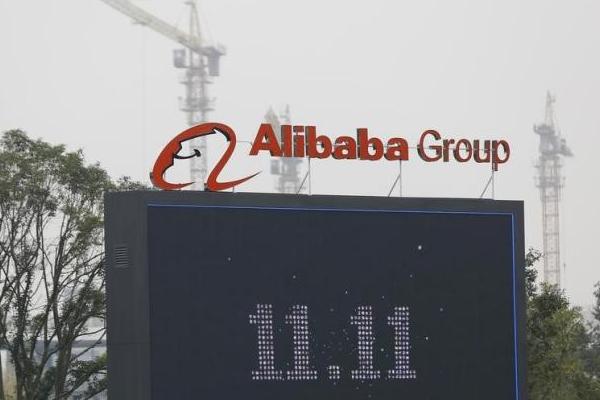 |
|
The logo of the Alibaba Group is seen inside the company's headquarters in Hangzhou, Zhejiang province November 11, 2014. [Photo/China Daily] |
Alibaba has never produced any fake goods and the complaint accusing the company of knowingly selling counterfeits has no basis, said a spokesman of the e-commerce behemoth on Monday.
The response came after Kering SA, owner of a group of luxury brands, including Gucci and Yves Saint Laurent, filed a lawsuit against Alibaba Group, alleging that it had conspired to manufacture, sell and traffic in counterfeit products bearing their trademarks without permission.
The case was filed in Manhattan federal court on Friday, with the Paris-based company seeking damages and an injunction for alleged violations of trademark and racketeering laws, according to Reuters.
"Alibaba Group has been working in partnership with numerous brands to help them protect their intellectual property, and has a strong track record of doing so. Unfortunately, Kering Group chose litigation one-sidedly instead of resolving the matter through constructive cooperation," said the company in a statement.
"The accusation has no basis and we reserve rights to subsequent legal action," added the statement.
It is the second time in 12 months that Kering has brought the case after the luxury brand owner withdrew the last one under an agreement to work together on the issue.
Concerns over fake goods on Alibaba's platforms, including Taobao, have plagued the company for years, as the e-commerce giant announced in January that it had created a special task force of 300 to fight counterfeit products.
The company had spent more than 1 billion yuan ($160.7 million) fighting against knockoffs in the past two year, said Alibaba in an earlier statement, adding that it had worked with brand holders and tackled six million web links containing infringing items, assisting in more than 1,000 cases and the arrest of nearly 400 suspects.
Alibaba Group earlier reported better-than-expected first-quarter results. Gross merchandise value on China retail marketplaces jumped 40 percent to $97 billion, with revenue rising 45 percent to $2.81 billion.
The company is poised to overtake Walmart later this year as the world's biggest retail platform, said Daniel Zhang Yong, Alibaba's new chief executive officer, on May 14 during an internal meeting. It aims at achieving more than $1 trillion gross merchandise value in five years.
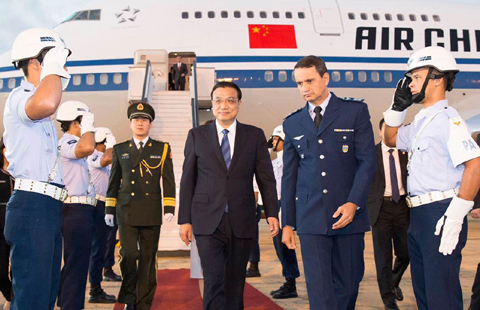
 Premier Li arrives in Brazil to start official visit
Premier Li arrives in Brazil to start official visit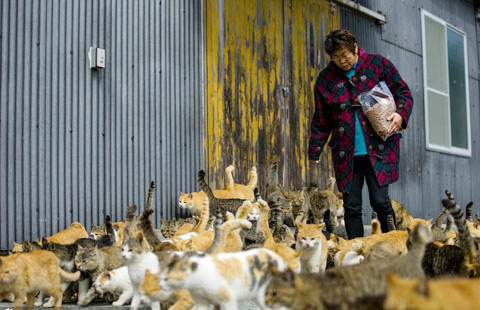
 Weirdest towns in the world
Weirdest towns in the world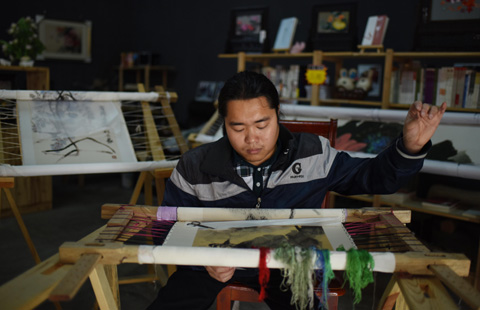
 Students from vocational schools also make big bucks
Students from vocational schools also make big bucks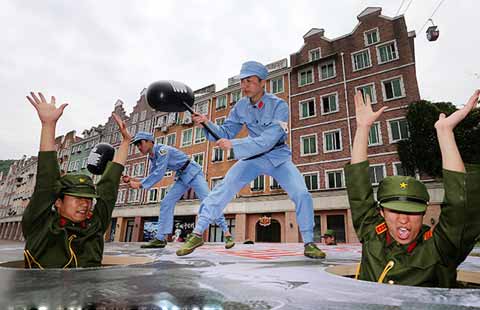
 Ten photos you don't wanna miss - May 19
Ten photos you don't wanna miss - May 19
 Royal family adds color to Chelsea Flower Show
Royal family adds color to Chelsea Flower Show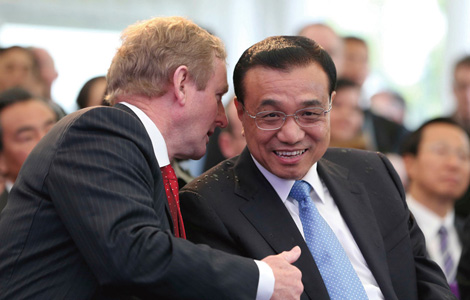
 Premier takes in Irish countryside at old farm
Premier takes in Irish countryside at old farm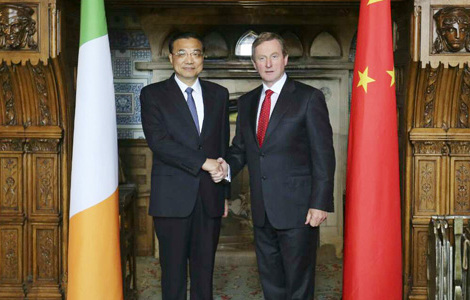
 China, Ireland sign agricultural deals
China, Ireland sign agricultural deals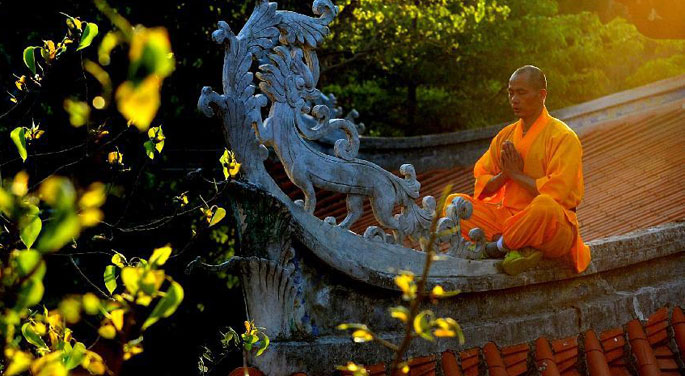
 Monks practice martial art at Quanzhou Shaolin Temple
Monks practice martial art at Quanzhou Shaolin Temple
Most Viewed
Editor's Picks

|

|

|

|

|

|
Today's Top News
Brazil embraces third wave of Chinese investment
White House bans police from using certain military equipment
China eyes 'capacity exports' to sustain growth
Vietnam's objection to fishing ban in South China Sea dismissed
Li arrives in Brasilia to sign agreements
In Brazil's capital, young weigh in on China
Li samples products of an Irish farm
China, US pay more attention to Korean Peninsula
US Weekly

|

|







